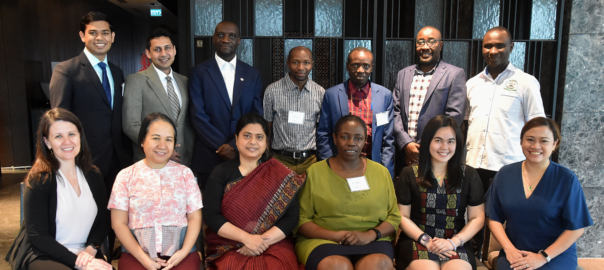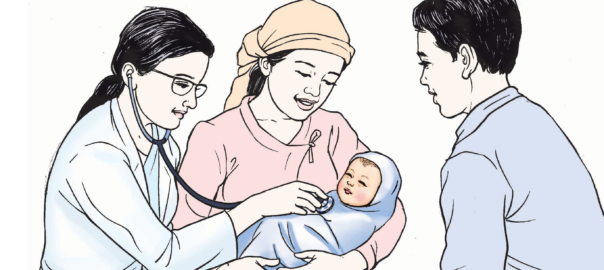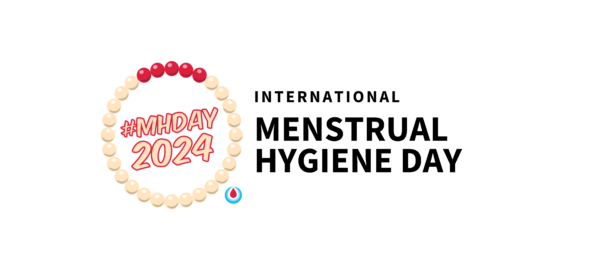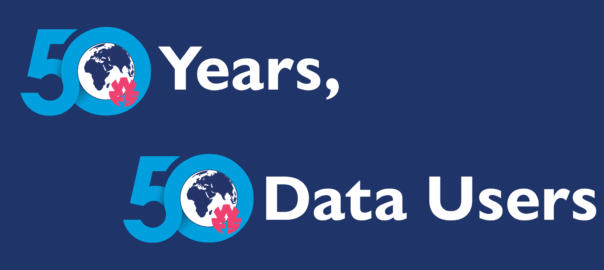Reflections from the 2024 DHS Fellows Program
In 2024, five teams of two university faculty members became the newest cohort of DHS Fellows. They worked directly with DHS Program researchers to strengthen their analytical skills, write working papers using DHS Program data, prepare presentations to share their findings with policy makers, and improve their use of DHS Program data in the classroom […]




